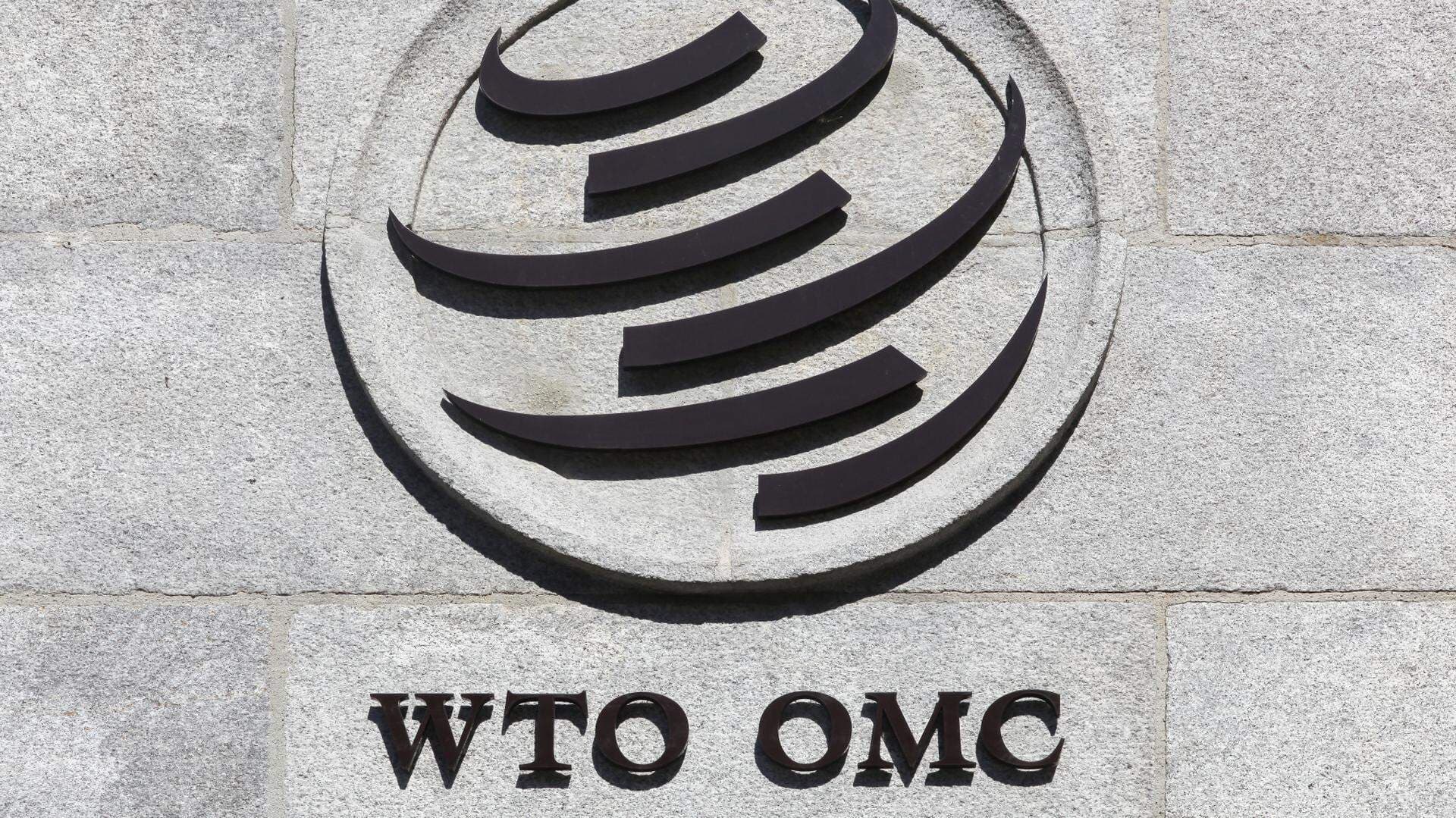The WTO is showing signs of life
Last week, the trade ministers of the World Trade Organization’s (WTO) 164 Member States gathered in Geneva for the postponed biennial ministerial conference - the MC12. Expectations of concrete results ahead of the conference were lukewarm, but now is seems fair to say that the multilateral trading system is showing signs of life once again.

The World Trade Organization’s common trade agreements and rules provide predictability, and make it easier for companies working in international trade. All trade that is not regulated by free trade agreements is regulated by the WTO, and with common rules for 164 Member States, it is clear that the organisation is of considerable importance for a trade-dependent country such as Sweden.
In recent years, however, the organisation has come under pressure and been criticised in various quarters. Negotiations have stalled or been sluggish, and the dispute resolution system’s review body is not working effectively. In addition, the 12th ministerial conference, which was originally scheduled to be held in Kazakhstan in 2020, had been postponed due to the pandemic. The last time that all trade ministers met was in Buenos Aires in 2017, but this also saw a lack of concrete results. Therefore, the level of expectation on the WTO in the run up to MC12 was higher than usual.
The conference closed almost two days later than originally foreseen, and several negotiations were concluded. The fact that the Member States finally managed to reach agreement - following many lengthy negotiations - demonstrates that the WTO does indeed remain highly relevant. With the pandemic continuing to impact many countries and with future challenges linked to climate change, this is a positive development; now, global solutions are needed more than ever.
In simple terms, the Member States reached agreement in five major areas of negotiation; agriculture and food security, the phasing out of harmful subsidies to the fishing industry, trade and health (including the temporary suspension of patent rights against the COVID-19 vaccine), the extension of the e-commerce moratorium banning Member States from imposing tariffs on electronic transfers and the overall reform of the organisation.
WTO reform
A reform of the WTO has long been required for all the functions of the organisation - negotiation, monitoring and dispute resolution - and it is an area that has been pursued by many Member States for some time. Now, the Member States have - among other things - agreed to establish a functioning dispute resolution body by 2024. The agreement also emphasises the importance of strengthened cooperation and cooperation between the WTO and other stakeholders. Such a dialogue between the WTO and the business community is a key issue for the Confederation of Swedish Enterprise.
Duties on digital transfers
Since 1998, there has been a moratorium that bans WTO members from imposing tariffs on electronic transfers. Although the term ‘electronic transfers’ is not clearly defined, it is considered to include software, e-mails, music, movies and video games that are transmitted digitally. Ultimately, there was considerable uncertainty as to whether the moratorium would be extended, with India and Indonesia and others taking a firm stand. However, the negotiations were concluded and the moratorium will be extended until the next ministerial conference, something that is extremely important for the business community in light of the digital transition.
Trade, health and the revocation of patents on COVID-19 vaccine
The Member States have adopted a declaration on trade and health - the WTO’s response to the pandemic. From the perspective of the business community, it is positive that the countries have succeeded in agreeing that, in future, export restrictions and trade barriers for healthcare-related goods and services should be avoided as far as possible. For the Confederation of Swedish Enterprise, it has been particularly important to include clear wording on the importance of services in the trade response to the pandemic.
In addition, the Member States have reached a conclusion over the issue of vaccines (the so-called ‘TRIPS waiver’). The decision to suspend patent rights on vaccines for COVID-19 will allow developing countries to derogate from intellectual property obligations on vaccines - without seeking the patent holder’s permission – in order to stimulate domestic production. All developing countries are covered by this, with the exception of those that have already announced - through binding commitments - that they do not intend to take advantage of the waiver. China, for example, has done so, which has been important for the United States in the negotiations. The TRIPS waiver, on the other hand, is not without its problems. The erosion of intellectual property rights does not address the problems that currently exist surrounding vaccine availability, and risks reducing the incentives for innovation in the pharmaceutical industry for possible future pandemics.
Phasing out of harmful fishing subsidies
Following 20 years of negotiations, the Member States have now agreed on rules to ban subsidies for illegal, unreported and unregulated fishing (IUU fishing) as well as on subsidies for fishing activities that fish in overfished stocks. Other parts of the negotiations, such as rules on general subsidies that contribute to overfishing, were left unresolved for the time being, as India and a few other countries seek longer phasing-out periods and less stringent rules. Although fisheries subsidies are not a key issue for Swedish business, the outcome is important both to show that countries can still conclude agreements that cover all countries within the WTO, and because it is in line with sustainability goal 14.6 of the 2030 Agenda.
Agriculture and food security
Recognising that trade disruptions, volatile markets and soaring food prices can undermine food security in many countries, the Member States adopted a declaration on food security. In this, the countries committed to taking concrete measures to facilitate trade in food and agriculture. They also emphasised the need for agricultural products and foodstuffs to be able to cross borders easily, and for the countries not to impose export bans or restrictions in a way that is incompatible with WTO rules.